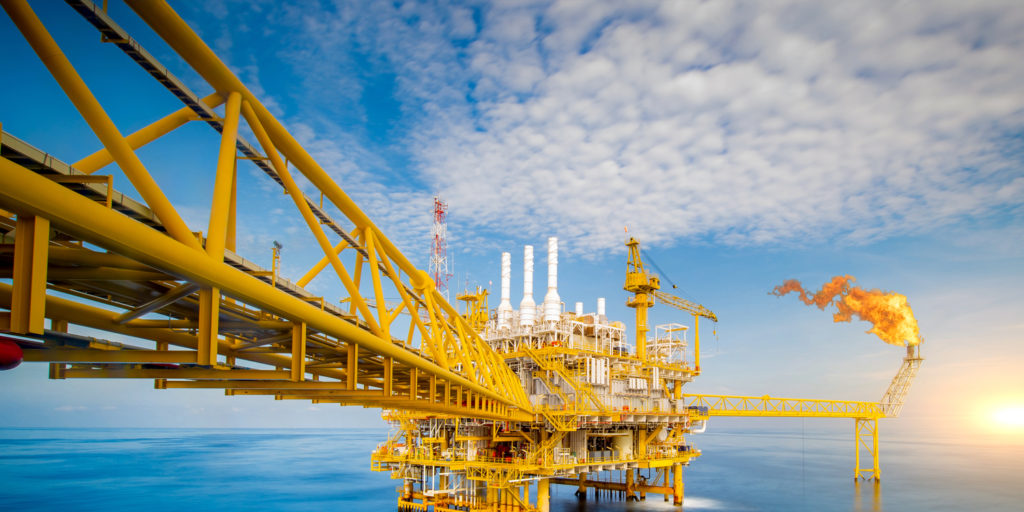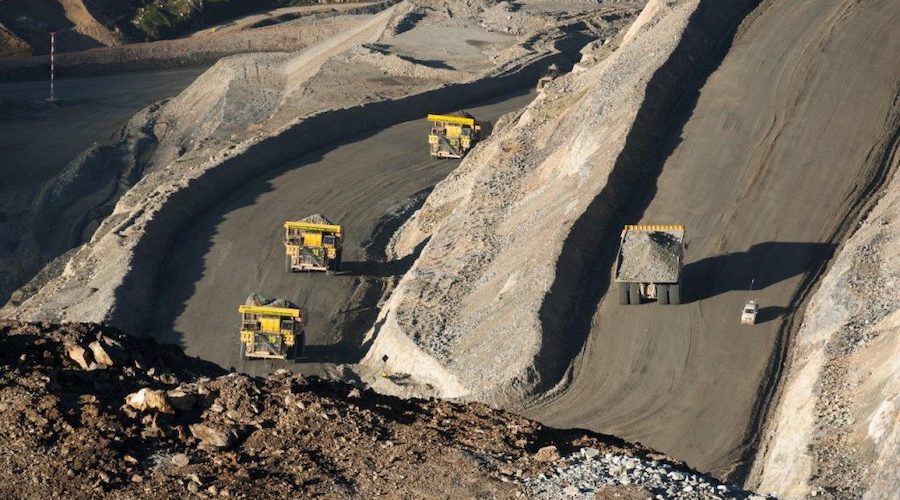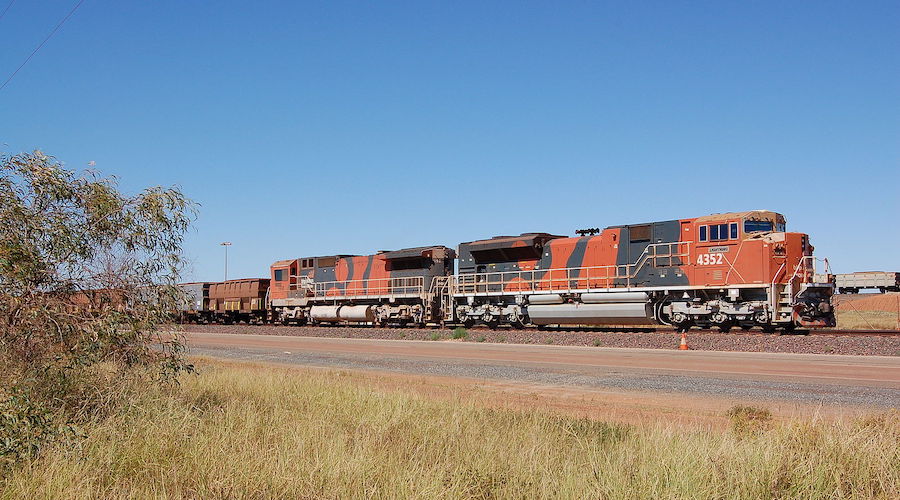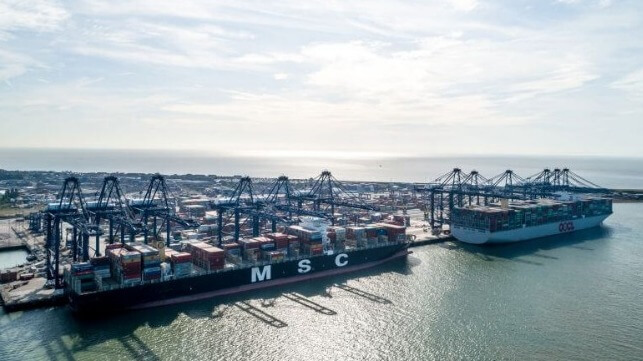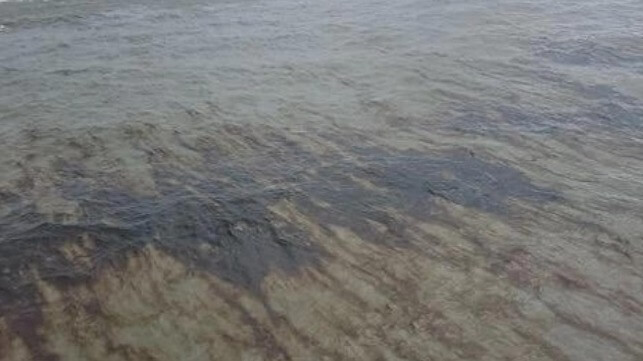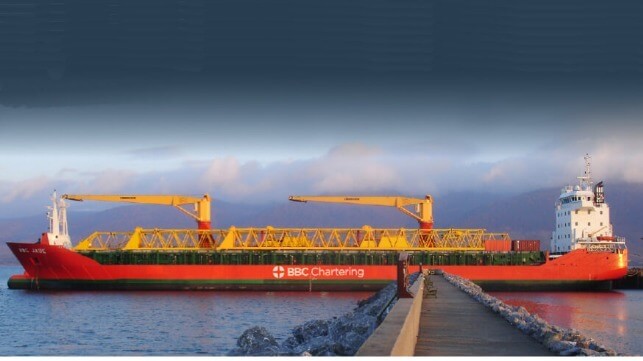Colin McClelland | November 20, 2023 |

Canada’s Natural Resources and Energy Minister Jonathan Wilkinson says more funding for critical minerals projects is on its way. Credit: Government of Canada
The Canadian government is looking for critical mineral projects to back with a C$1.5 billion ($1.1 billion) fund.

The Critical Minerals Infrastructure Fund is organized to support clean energy and electrification projects as well as transportation and infrastructure construction that helps get the minerals to market.
First off from a C$300 million pool, applicants can seek up to C$50 million per project, while provincial and territorial governments can apply for as much as C$100 million for each project. Applications are being accepted until the end of February.
Information on funding opportunities and the applicant guide are available online. More from the fund is to be distributed over its seven-year life, the Ministry of Energy and Natural Resources said in a news release on Monday.
Ottawa started a C$3.8 billion critical minerals strategy last year to help develop copper, cobalt, nickel and other metals used in technologies like batteries, wind turbines and solar panels to fight climate change. Canada is among Western nations seeking less dependency on China which controls the majority of critical mineral mining and processing. Governments also see sustainable mining as a means for rural development and employment.
“Demand for critical minerals is projected to rise exponentially as the global economy continues to shift toward low-carbon solutions,” Minister Jonathan Wilkinson said in the release. “Canada will make strategic investments in projects to help enable and grow the sustainable development of these minerals.”
About half of mining projects identified in Canada’s Major Projects Inventory Report process or extract some form of critical minerals worth C$60.9 billion in potential investment, according to the ministry.
“The Canada Infrastructure Bank will play an important complementary role by supporting large-scale projects as we continue along the move toward a net-zero future,” Pablo Rodriguez, Minister of Transport, said in the release. “Through these investments, we are creating skilled jobs and supporting northern communities for years to come.”

